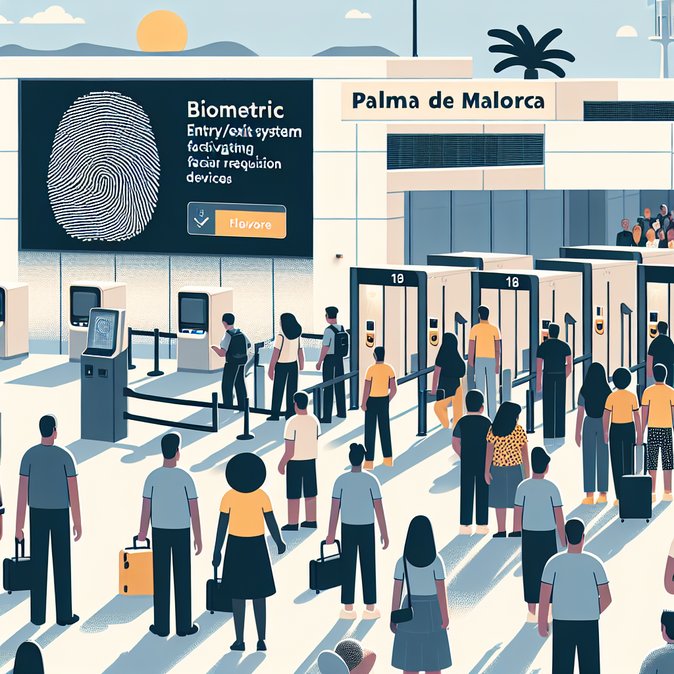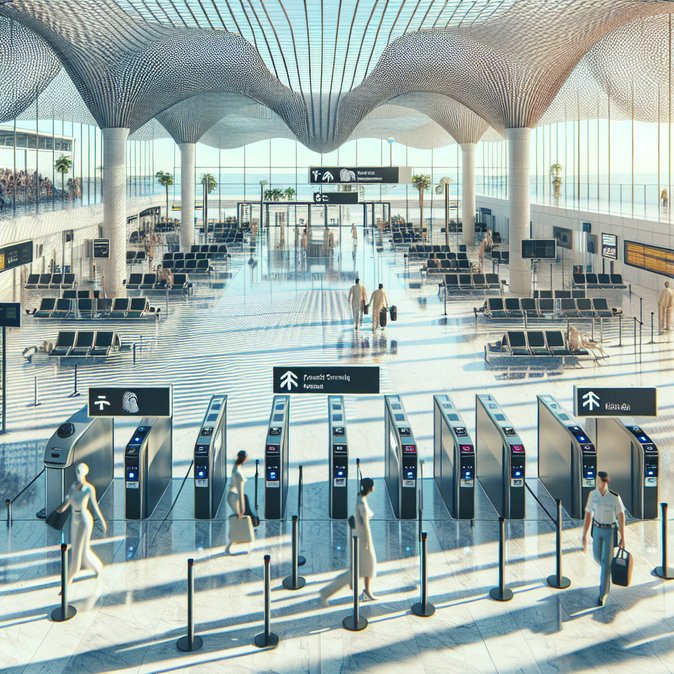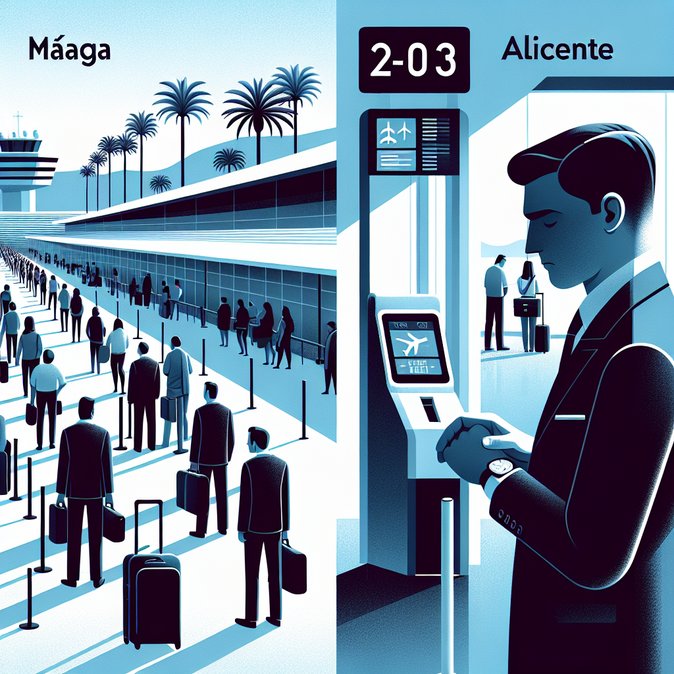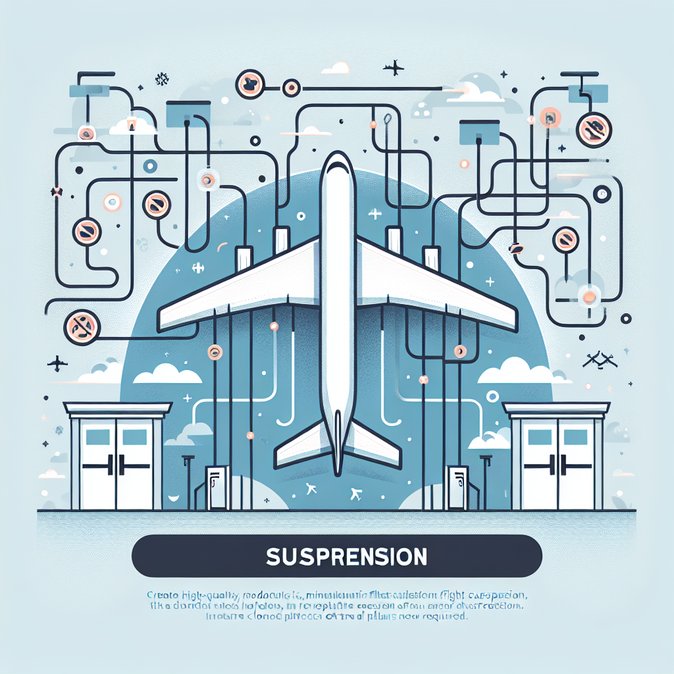
The Balearics have officially joined Spain’s biometric-border experiment. At 09:45 CET on 24 November, Palma de Mallorca Airport started registering fingerprints and facial images of third-country travellers under the EU Entry/Exit System (EES), becoming the tenth Spanish airport to go live since trials began at Madrid-Barajas on 12 October. The British Embassy’s ‘Brits in Spain’ Facebook page issued an early-morning alert advising UK citizens to prepare for longer queues as kiosks capture data on first entry.
Palma’s deployment follows earlier activations at Tenerife Sur, Lanzarote, Málaga, Alicante, Barcelona and Gran Canaria, signalling Spain’s determination to stay ahead of the EU-wide EES deadline of 10 April 2026. The Interior Ministry says it has invested €83 million in hardware and staffing across ports, airports and land borders; however, observers note that problems in Málaga and Alicante show money alone will not guarantee smooth processing.
![Palma de Mallorca Airport rolls out EU Entry/Exit System, expanding biometric checks across Spain]()
Under EES, Palma has installed 36 self-service enrolment kiosks and 12 automated eGates. Residents of Spain who travel on non-EU passports are exempt from biometric registration but must still queue in the third-country lane—an awkward nuance that the embassy warns could surprise many British retirees and remote workers holding Spanish residency. Airport authority Aena predicts processing times will stabilise within “a few weeks” as staff and travellers become familiar with the system.
For corporate mobility teams the key takeaway is planning. Winter meetings on Mallorca coincide with reduced flight frequencies, leaving less room to re-accommodate travellers who miss onward connections. Travel managers are therefore extending minimum connection times in booking tools and encouraging staff to build contingency buffers into itineraries. Immigration counsel likewise recommend that repeat business visitors keep the receipt ticket issued by the kiosk, which can help resolve disputes over length-of-stay calculations in future border crossings.
Looking ahead, the Balearic government sees long-term upside. Once initial teething issues pass, officials expect automatic controls to shorten queues during the summer peak and to provide more accurate overstay data—helping balance tourism flows with residents’ quality-of-life concerns. But until April 2026, Palma will remain on a learning curve watched closely by every other Spanish region still waiting its turn.
Palma’s deployment follows earlier activations at Tenerife Sur, Lanzarote, Málaga, Alicante, Barcelona and Gran Canaria, signalling Spain’s determination to stay ahead of the EU-wide EES deadline of 10 April 2026. The Interior Ministry says it has invested €83 million in hardware and staffing across ports, airports and land borders; however, observers note that problems in Málaga and Alicante show money alone will not guarantee smooth processing.

Under EES, Palma has installed 36 self-service enrolment kiosks and 12 automated eGates. Residents of Spain who travel on non-EU passports are exempt from biometric registration but must still queue in the third-country lane—an awkward nuance that the embassy warns could surprise many British retirees and remote workers holding Spanish residency. Airport authority Aena predicts processing times will stabilise within “a few weeks” as staff and travellers become familiar with the system.
For corporate mobility teams the key takeaway is planning. Winter meetings on Mallorca coincide with reduced flight frequencies, leaving less room to re-accommodate travellers who miss onward connections. Travel managers are therefore extending minimum connection times in booking tools and encouraging staff to build contingency buffers into itineraries. Immigration counsel likewise recommend that repeat business visitors keep the receipt ticket issued by the kiosk, which can help resolve disputes over length-of-stay calculations in future border crossings.
Looking ahead, the Balearic government sees long-term upside. Once initial teething issues pass, officials expect automatic controls to shorten queues during the summer peak and to provide more accurate overstay data—helping balance tourism flows with residents’ quality-of-life concerns. But until April 2026, Palma will remain on a learning curve watched closely by every other Spanish region still waiting its turn.


